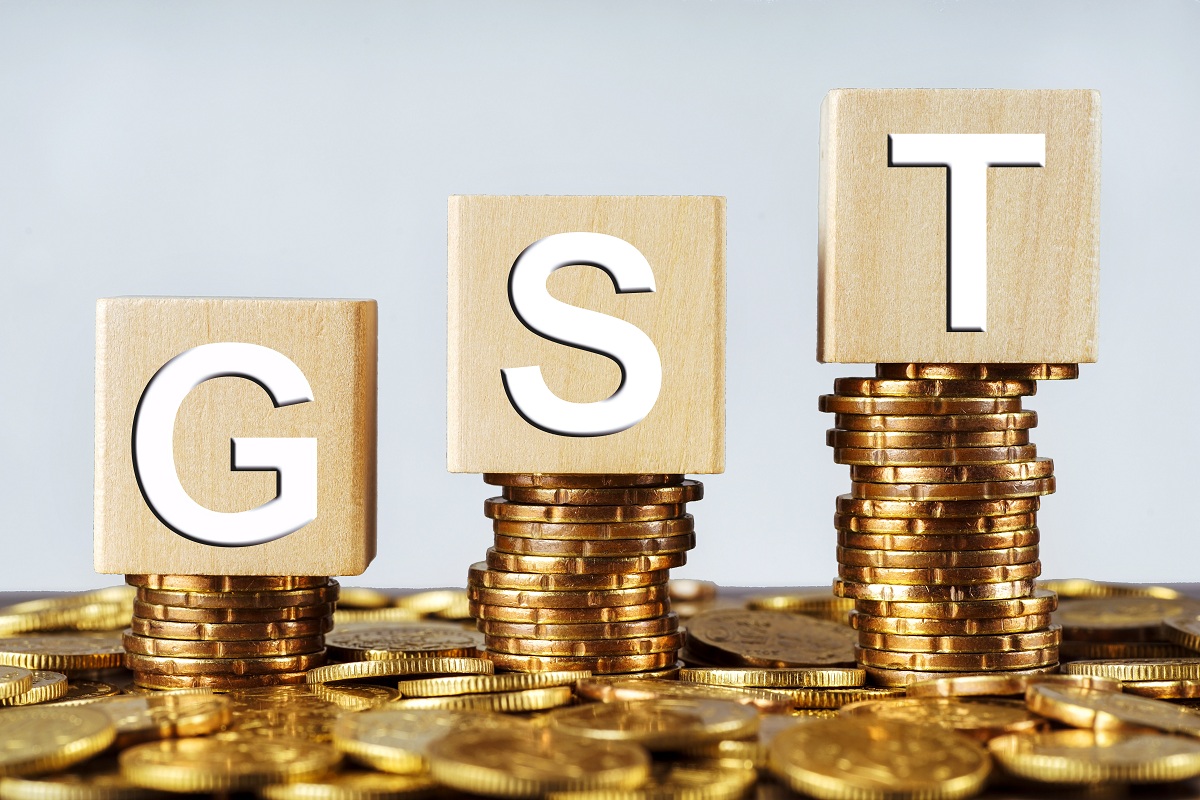What is GST and why we should accept it with open arms ?
Welcome to GST – India’s biggest tax reform

Sunil Marlecha, Tax consultant, Chennai
By Sunil Marlecha, @sunil_marlecha
GST (Goods & Services Tax) is levied by the government replacing most of the indirect taxes, this is a one-stop-solution to the multiple taxes such as Central Excise Duty, Service Tax, VAT, Octroi, Central Sales Tax, Entry Tax, etc.
Let’s find out how GST can be beneficial for all:-
Eliminating most of the indirect tax levies is beneficial for business as paying tax will become much easier and simple. It will create coordination between the state / Union territories and the Central Government will improve with the uniformity in taxes which results in more transparency in the overall process.
This uniformity in tax will promote the foreign companies to invest in India, which will boost the international business expansion. ‘One Nation One Tax’ would give a strong signal to the foreign investors about India’s increased credit worthiness, lesser compliance and procedural costs in the taxation sphere and remove the complexities faced by the foreign investors who were reluctant to invest in business throughout India.
There will be a reduction in the prices as most of the taxes on inputs would now become creditable for the suppliers against their output tax liability, resulting in elimination of cascading effect (taxes on tax).
GST would also help in a corruption free taxation system eliminating the one to one contact at various departmental levels. According to the reports, the introduction of GST would help India to gain $15 billion every year by improved exports, more opportunities for employment and enhanced economic growth.
 What are the few things to keep in mind about GST?
What are the few things to keep in mind about GST?
The threshold limit of Rs.20 Lakhs / 10Lakhs should be calculated by including all the taxable supplies, exempt supplies. Export of goods or services or both and interstate supplies of persons having the same PAN, to be computed on all India basis. The threshold limit is not applicable to certain persons and a few of them are : persons making any interstate taxable supplies; casual taxable persons making taxable supplies; persons who are required to pay the tax on reverse charge; nonresident taxable persons making the taxable supplies; every electronic commerce operator; persons making taxable supplies as an agent
A registered person whose aggregate turnover in the preceding financial year did not exceed seventy five lakhs of rupees may opt to be a composition dealer by paying lower rate of taxes subject to certain conditions and rules prescribed.
A registered person receiving any supplies from an unregistered supplier, the tax on which will be paid on reverse charge basis by the recipient of such supply subject to certain conditions and rules as may be prescribed subject to a maximum sum of rupees five thousand in aggregate per day.
A registered person receiving advance in the course of his business for which the supplies are to be made subsequently, the taxes on such advance has to be paid
There are approximately 140 countries where GST has already been implemented. Some of the popular countries are Australia, Canada, Germany, Japan and Pakistan, to name a few. Implementation of GST and impacts a nation both ways, positively and negatively. Ignoring the negative aspects, positive aspects can be taken into consideration, in order to improve the economy of the country.
GST is a boom to India and to the businesses, let it experience the change.




